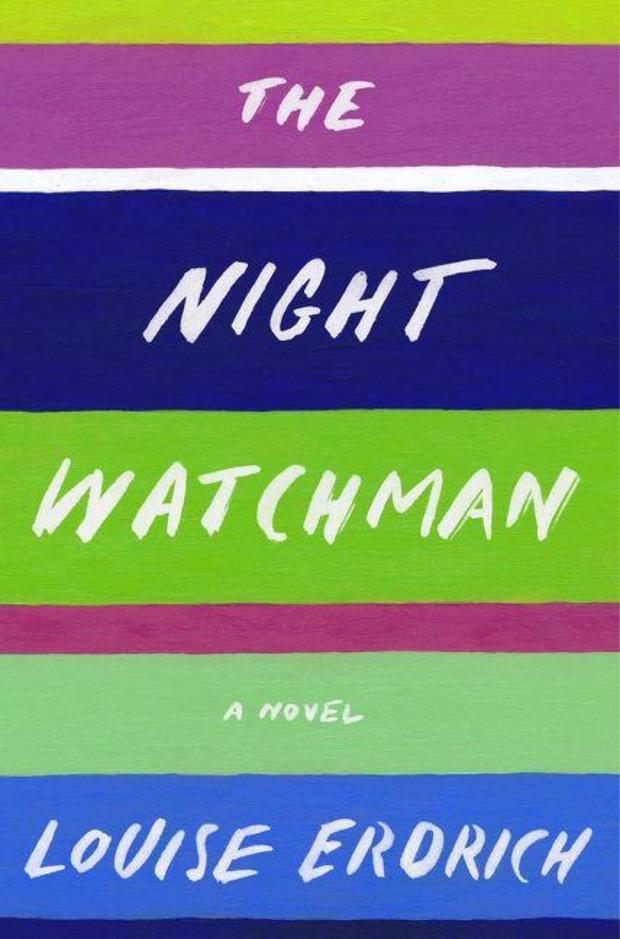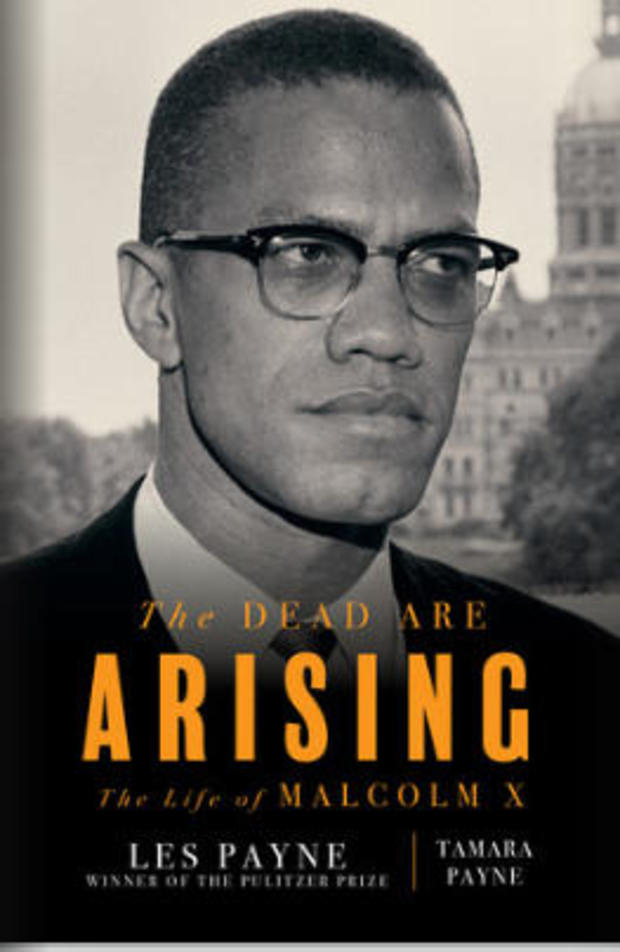National Book Award-winning novelist Louise Erdrich returns with a story inspired by the life of her grandfather, a leader of the Turtle Mountain Chippewa tribe in the 1950s.
In “The Night Watchman” (HarperCollins), the protagonist, Thomas Wazhashk, fights to protect the rights of Native Americans, from North Dakota all the way to the halls of Congress.
Read an excerpt below:
Turtle Mountain Jewel Bearing Plant
Thomas Wazhashk removed his thermos from his armpit and set it on the steel desk alongside his scuffed briefcase. His work jacket went on the chair, his lunch box on the cold windowsill. When he took off his padded tractor hat, a crab apple fell from the earflap. A gift from his daughter Fee. He caught the apple and put it out on the desktop to admire. Then punched his time card. Midnight. He picked up the key ring, a company flashlight, and walked the perimeter of the main floor.
In this quiet, always quiet expanse, Turtle Mountain women spent their days leaning into the hard light of their task lamps. The women pasted micro-thin slices of ruby, sapphire, or the lesser jewel, garnet, onto thin upright spindles in preparation for drilling. The jewel bearings would be used in Defense Department ordnance and in Bulova watches. This was the first time there had ever been manufacturing jobs near the reservation, and women filled most of these coveted positions. They had scored much higher on tests for manual dexterity.
The government attributed their focus to Indian blood and training in Indian beadwork. Thomas thought it was their sharp eyes—the women of his tribe could spear you with a glance. He’d been lucky to get his own job. He was smart and honest, but he wasn’t young and skinny anymore. He got the job because he was reliable and he knocked himself out to do all that he did as perfectly as he could do it. He made his inspections with a rigid thoroughness.
As he moved along, he checked the drilling room, tested every lock, flipped the lights on and off. At one point, to keep his blood flowing, he did a short fancy dance, then threw in a Red River jig. Refreshed, he stepped through the reinforced doors of the acid washing room, with its rows of numbered beakers, pressure dial, hose, sink, and washing stations. He checked the offices, the green-and-white-tiled bathrooms, and ended up back at the machine shop. His desk pooled with light from the defective lamp that he had rescued and repaired for himself, so that he could read, write, cogitate, and from time to time slap himself awake.
Thomas was named for the muskrat, wazhashk, the lowly, hardworking, water-loving rodent. Muskrats were everywhere on the slough-dotted reservation. Their small supple forms slipped busily through water at dusk, continually perfecting their burrows, and eating (how they loved to eat) practically anything growing or moving in a slough. Although the wazhashkag were numerous and ordinary, they were also crucial. In the beginning, after the great flood, it was a muskrat who had helped remake the earth.
In that way, as it turned out, Thomas was perfectly named.
Excerpted from “The Night Watchman” by Louise Erdrich. Copyright © 2020 by Louise Erdrich. Excerpted with permission by HarperCollins.
For more info:


